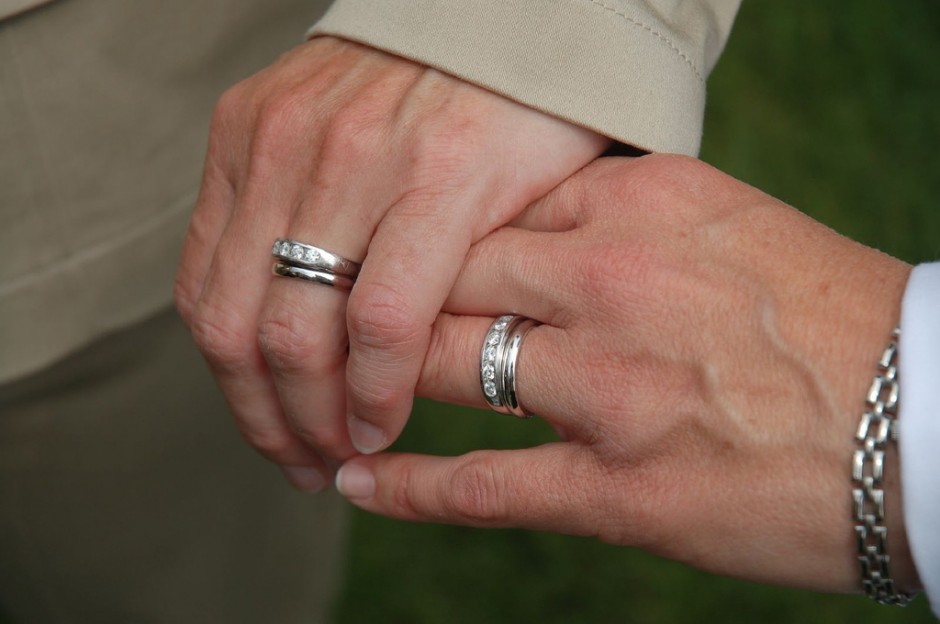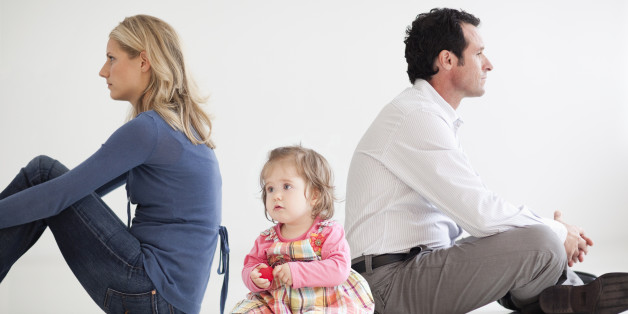This is a potentially tricky area to step into. Technically, yes, you can record phone conversations with your ex in Fresno–if you have their explicit permission. Recording without permission, whether because you asked and they declined, but you recorded anyway, or you recorded without ever asking, can get you into legal trouble. If multiple people are on the call, all must explicitly give permission for the recording to occur. Legally, recording without consent is known as eavesdropping. The prosecutor in charge of your case gets to decide whether the charge would be a misdemeanor or a felony. If convicted of either, this is what could happen:
Misdemeanor. Conviction of misdemeanor eavesdropping can cause you to be sentenced to up to one year in the county jail, pay fines up to $2,500, or both.
Felony. Conviction of felony misdemeanor eavesdropping can cause you to be sentenced to up to three years in the county jail or state prison, fines up to $2,500, or both.
Is There Any Circumstance in Which I Can Record Someone Without Their Consent?
The California eavesdropping law does make an exception in allowing someone to record a conversation in a public gathering. However, this exception does not apply to secretly recording law enforcement, and it also doesn’t apply if private citizens are being recorded by someone trying to gather evidence of a crime.

In both those cases, the person who wants to record needs to get permission. If permission is denied, recording could lead to the same consequences listed above.
- Someone who wants to secretly record private citizens to gather evidence of a crime has restrictions too. To earn an exception to the eavesdropping law, the person gathering evidence must:
- Be one of the people involved in the conversation. In other words, they can’t secretly record others who are talking and aren’t aware of their presence.
The person doing the recording is trying to gather evidence that they reasonably believe the other person(s) has about specific crimes, which are extortion, kidnapping, bribery, or any felony involving violence against another person, such as assault, rape, or murder.
Can Law Enforcement Record Calls Without Permission?
If they’re doing so in pursuit of evidence regarding crimes, yes. Law enforcement personnel working on cases can legally listen in on private conversations without the consent of the people talking. That’s because they’re collecting evidence for a case, and this evidence is admissible in court.
Note that bystanders are allowed to record police officers (by photo, audio, or video) as long as the person doing the recording is in public or in a place they have a right to be. California law says people recording police under these circumstances can’t be arrested or even detained for reasonable suspicion. It’s important to note that the person recording cannot interfere with the police officer’s work in any way. If they do interfere, they could be arrested for obstructing an officer or resisting arrest.
What if I Accidentally Recorded a Phone Call With My Ex?
California eavesdropping laws do allow the possibility that a call could be recorded accidentally. However, it can be quite challenging to prove this happened, especially if there’s acrimony between exes with disputed issues that could affect divorce or custody issues going forward. In many ways, it’s best to make sure your recording device is off before having a conversation.

What About Other Types of Recordings?
There are other ways to record conversations, such as using an electronic amplification device. However, the same theories apply: If it’s being done without the other participant’s permission, it likely falls under eavesdropping and is illegal.
The bottom line is: Recording needs to be done with permission, regardless of the reasons for recording or the technology used to accomplish it.
What Rights Would My Ex Have if I Secretly Record a Phone Conversation with Them?
They have the right to sue you in civil court, which is different from the criminal charges outlined above. Then you could potentially face both civil and criminal charges because being charged in one form doesn’t rule out being charged in both.

To make their case in court, your ex would have to prove that the recordings caused them harm. This frequently appears in divorce or custody cases where one party thinks a recording will improve their chances of gaining custody or getting a better divorce settlement. However, the opposite can happen once it’s established that the recording was done without consent. The person who did the recording loses credibility to the court, could face civil or criminal charges, and ultimately will lose the right to have that recorded evidence in court.
If I Need to Record a Conversation with My Ex, What Should I Do?
As redundant as it may seem, the best approach is to ask permission before recording, then ask permission again once the recording has started. That way, you’ve asked not once but twice, and once is part of the recording. It’s much harder to say someone recorded them without permission when there’s audio of them agreeing to it.
What Should I Do if I’m Having Difficulty with My Ex and Need to Get Information from Them?
Give us a call at 559-277-7300 to set up a consultation. While secretly recording may seem like the best way to get the information you need from a recalcitrant ex, it could rebound and cause you more problems than you thought it would. We have the experience and knowledge to guide you through California’s complex laws regarding communicating and recording conversations, especially with an ex.






